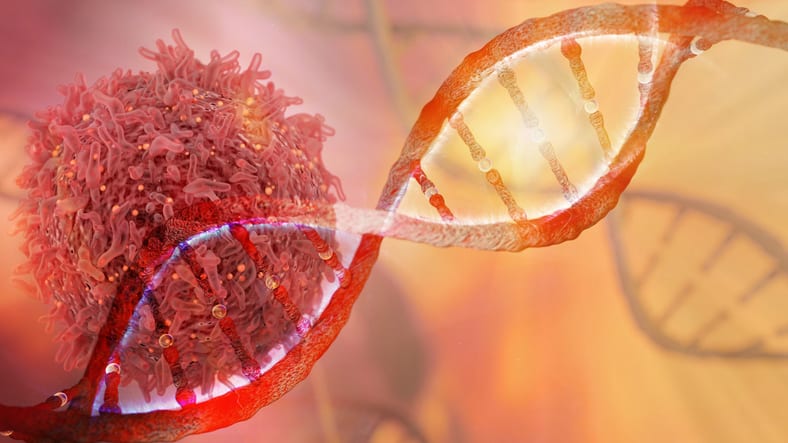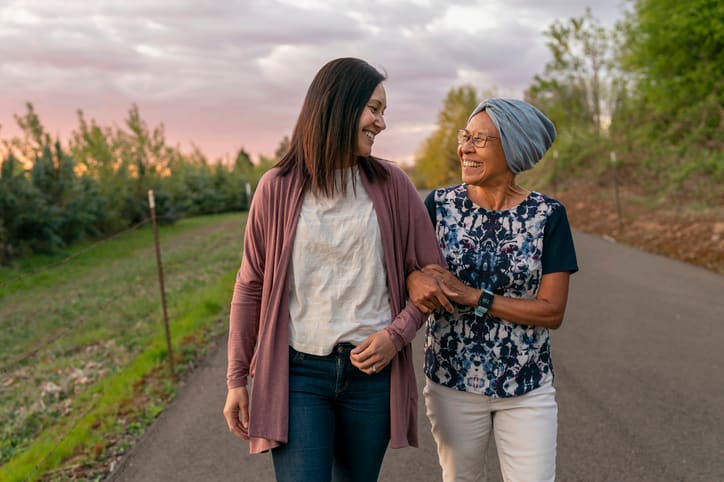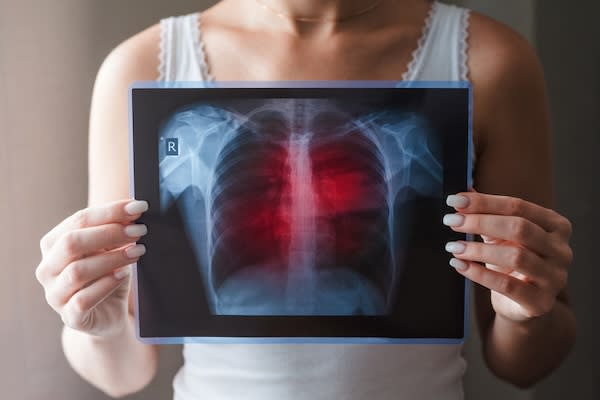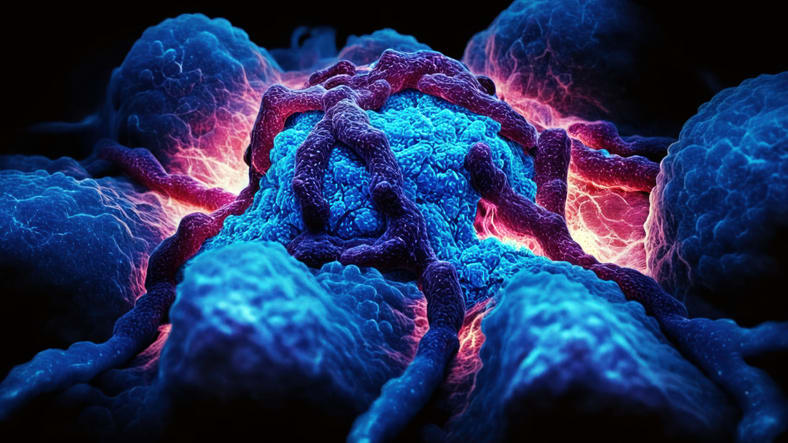Lung Cancer Screening
Advanced Lung Screening for Early Detection
The Providence Swedish Cancer Institute offers a comprehensive lung cancer screening program tailored for those at high risk. With low-dose CT scans and ongoing monitoring, we can detect lung cancer at its earliest stage, when treatment is most effective. This program is part of our broader commitment to proactive, personalized care that helps patients take charge of their health.

Our Approach
Lung cancer screening is more than just a single scan. A scan is the start of our ongoing program to monitor your lungs and catch early signs of cancer when it's most treatable. Screening uses low-dose computerized tomography (CT) scans, which provide high-resolution lung images with minimal radiation exposure - like a very detailed X-ray.
If our multidisciplinary team detects anything suspicious, we guide you through the next steps, so you can feel confident in your care decisions.
If your results are normal, but you are identified as having a high risk of lung cancer, we recommend getting screened every year.
Our goal is to provide early detection, ongoing monitoring, and peace of mind, supported by expert care and compassion. We're your partner in maintaining your lung health.
Lung Cancer Screening: What to Expect
Lung cancer screening is an important part of your long-term health, and we're here to guide you through the process.
Before your CT scan, insurance requires a shared decision-making conversation between you, your pulmonologist, or the specialists at our clinic, which can happen virtually or in person at our office. This visit ensures you are eligible for screening, and that your questions are answered.
There’s very little preparation for a low-dose CT scan:
- You can eat and drink normally before the procedure.
- There are no special medications or restrictions required.
- Be sure to wear comfortable clothing to your appointment.
- Before the scan, you need to remove anything metal, such as jewelry or belts.
Our staff provides specific instructions once you arrive and answers any questions you may have
A low-dose CT scan is quick and painless – it typically takes just a couple of minutes. During the scan, you lie on a table that slides into the CT machine. You need to stay still, and you may be asked to hold your breath briefly, so the images are clear.
After the scan, you can get back to your normal activities immediately. Once your results are available, your doctor reviews them with you and discusses follow-up recommendations as needed.
Because a low-dose CT scan involves a lower amount of radiation exposure than a traditional CT scan, it is a proven, safer way to screen for lung cancer.
Your screening team may consist of thoracic radiologists, pulmonologists, surgeons, pathologists, critical care nurse specialists, and highly skilled technicians. Together, they collaboratively evaluate your scans and carefully assess whether any lung nodules should be monitored or whether additional follow-up testing is advised.
Our commitment to your health continues after your screening. If your results are normal, we may recommend a schedule for regular follow-up screenings.
If the scan reveals any abnormalities, our multidisciplinary team guides you through the next steps, which may include additional testing or consultations with specialists. We also offer supportive services, such as smoking cessation programs, nutritional counseling, and support groups.
Frequently Asked Questions
We follow the U.S. Preventive Services Task Force recommendations for lung cancer screenings:
- Between 50-80 years old
- History of smoking equivalent to 20 or more pack-years; for example, you smoked 1 pack daily for 20 years, or 2 packs daily for 10 years
- Either currently smoke or quit within the last 15 years
- If you meet the criteria above, you’re likely eligible for a screening.
If you don’t meet the criteria, you should still have a conversation with your doctor or pulmonologist to learn how to reduce your risks.
Have a discussion with your doctor about your concerns and screening possibilities.
Lung cancer screening is specifically designed for high-risk individuals who may not have symptoms. By detecting cancer early – often before symptoms develop – screening increases the likelihood of successful treatment and better outcomes.
If you meet the criteria, screening is a proactive step to protect your health.
According to the American Cancer Society, lung cancer is the leading cause of cancer death in the U.S. In fact, each year, more people die of lung cancer than breast, colon, and prostate cancers combined.
Lung cancer screening is crucial because it can detect cancer in its earliest stages when it’s most treatable – often before symptoms appear. Early detection helps improve outcomes, which is why it’s important to get screened if you meet the criteria.
Insurance companies require a shared decision-making conversation with your care team prior to a lung cancer screening. This conversation can occur either in person in our office or virtually by computer. This first visit ensures you are eligible for screening and enables you to have all your questions answered.
Lung cancer screening is quick and painless:
- During your low-dose CT scan, you lie on a table that slides into the CT scanner.
- You need to hold still and may be asked to hold your breath briefly to make sure the images are clear.
- There’s no need for needles, dyes, or special preparation, and the whole process takes just a few minutes.
- The machine is quiet, and because a CT scan is more open than an MRI, most people find it easy to handle – even if they have concerns about claustrophobia.
If your screening detects abnormalities, don’t panic – many findings may not indicate cancer. Your doctor reviews the results with you and may recommend more tests, such as follow-up imaging or a biopsy, to get more information.
We’re here to help you understand your options and support you as you make informed decisions about your care – regardless of the screening outcome.
Your doctor works with you to set a screening schedule based on your risk factors and overall health.
In general, for those at high risk, annual low-dose CT scans are recommended. Regular screening helps monitor your lung health over time and increases the chances of detecting any abnormalities early.
Yes, if you've been diagnosed somewhere else, our world-class cancer experts can provide you with a second opinion.
Getting a second opinion can help you feel more confident in your screening results, diagnosis, and treatment plan. Our specialists encourage additional perspectives if it helps you make informed decisions.
Many patients find it reassuring to confirm their results or diagnosis and explore all available options before moving forward.
Yes, our trained tobacco treatment specialists are here to support you with resources including:
- The Tobacco Quit Line: A telephone and web-based counseling service to help you quit using tobacco and nicotine products.
- The Quit Line: Free one-on-one telephone counseling with services available in Spanish, Chinese (Cantonese/Mandarin), Korean, Vietnamese, and a TTY line with video relay for the hearing impaired.
- Medical interventions such as nicotine replacement therapies, prescription medications, and over-the-counter patches, gum, and lozenges
- Alternative therapies such as acupuncture, hypnosis, and meditation
Talk to your doctor if you’re ready to quit and need help taking the first step.
News & Info From Our Experts



